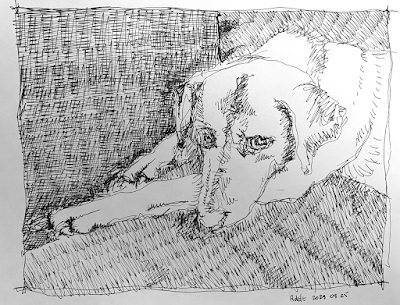A Modest Research Proposal - 2023 08 23

The purpose of this research is to provide a preliminary test case for collecting evidence based data to quantify the work being carried out in family caregiving homes. At present there is no data providing a thorough cost accounting of family caregiving infrastructure. There is no commensurate comparison of cost accounting comparing family caregiving infrastructure to institutional caregiving infrastructure. There is no evidence-based reconciliation of resource flows to institutional caregiving infrastructure in relation to family caregiving infrastructure. This modest proposal would start with a pilot study of a self-selected family caregiver to conduct an autoethography time/material cost study of work performed to provide family caregiving infrastructure. The locus of the study would be the family caregiving bed. The autoethnography would study all work entailed in providing this caregiving bed. The term 'work' includes the time of caregiving, the labour that is provide...








